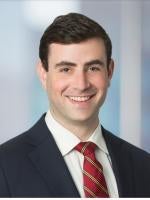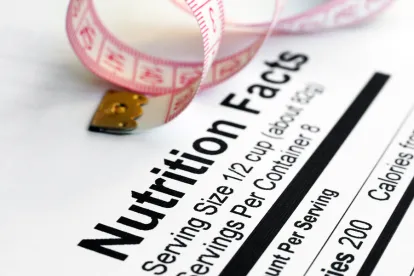After Ninth Circuit review, it remains to be seen whether a nutritional supplement maker can claim that ginkgo biloba leaf extract and vinpocetine supplements improve “alertness,” “mental clarity, and memory” in the face of contradictory scientific studies. In Korolshteyn v. Costco Wholesale, No. 17-56435 (2019), the Ninth Circuit reversed a district court order granting summary judgment in favor of the defendants, the seller and manufacturer of a nutritional supplement called TruNature Ginkgo Biloba with Vinpocetine nutritional supplement. The Ninth Circuit held that the lower court applied too tough a standard in evaluating plaintiffs’ complaint.
Ginkgo biloba leaf extract and vinpocetine are ingredients used in supplements advertised to improve mental acuity. But plaintiffs in this putative class action alleged that defendants’ supplement did not provide those benefits, and that therefore, defendants’ labeling was false and deceptive California’s UCL and CLRA. In their complaint, plaintiffs referenced “well-controlled randomized clinical trials… that [show] Ginkgo biloba and vinpocetine supplementation does not provide any mental clarity, memory or mental alertness benefits.”
Nevertheless, Judge Cathy Ann Bencivengo of the Southern District of California held that, to survive summary judgment on UCL and CLRA claims, plaintiff must establish factual evidence of literal falsity, which the court construed as requiring more than a showing that “the clear weight of the credible scientific evidence and the consensus in the scientific community” supported a finding of falsity. Rather, the court held that plaintiffs must show that the scientific evidence of falsity is unequivocally in their favor. Because the defendants cited conflicting studies supporting their label statements, the court reasoned that the evidence was equivocal, and therefore the plaintiff could not prevail.
On appeal, the Ninth Circuit reversed and remanded, ruling that the more lenient standard for UCL and CLRA claims recently articulated in Sonner v. Schwabe N. Am., 911 F.3d 989, 992 (9th Cir. 2018), should apply. That case—which also involved false advertising claims about ginkgo biloba—held that plaintiff has “the burden of proving by preponderance of the evidence that a challenged advertisement is false or misleading under the UCL and CLRA.” Id. Thus, to survive summary judgment, plaintiff need only provide “expert testimony and other scientific data” that shows Ginkgo biloba has no more of an effect on mental acuity than a placebo, notwithstanding the existence of contradictory studies offered by the defendant.
Watch this space as we monitor how, if at all, Sonner and Korolshteyn impact California false advertising class actions against supplement sellers and manufacturers.




 />i
/>i

